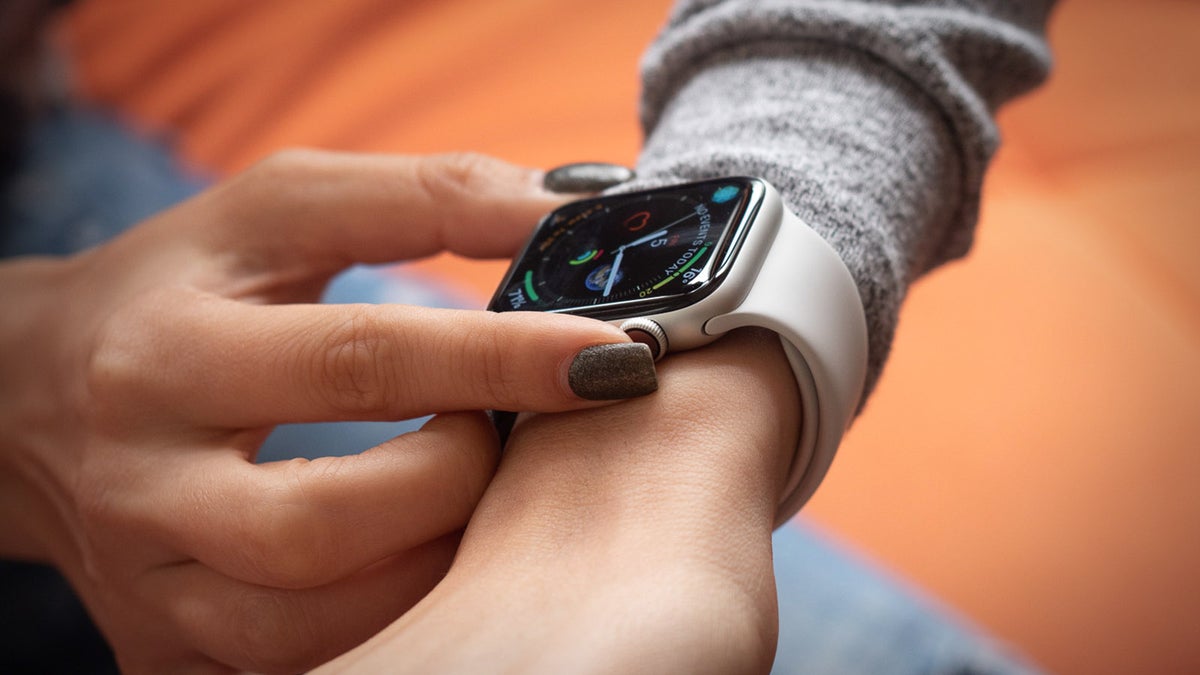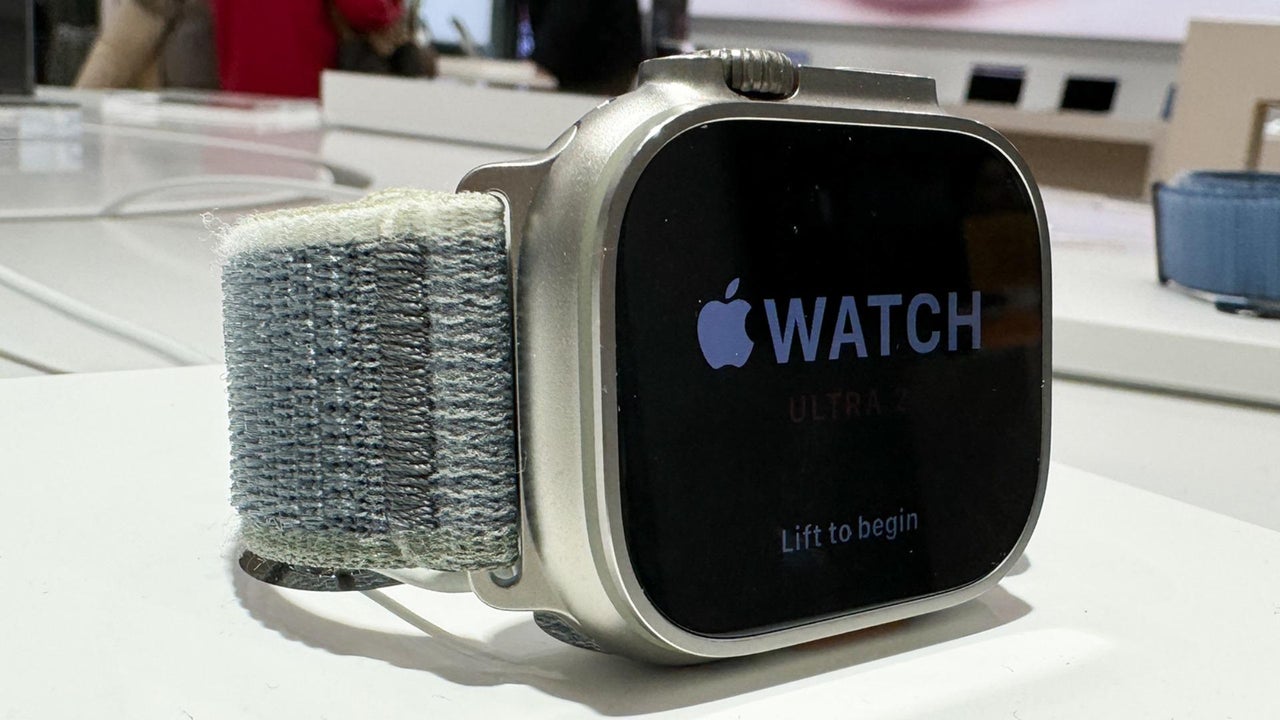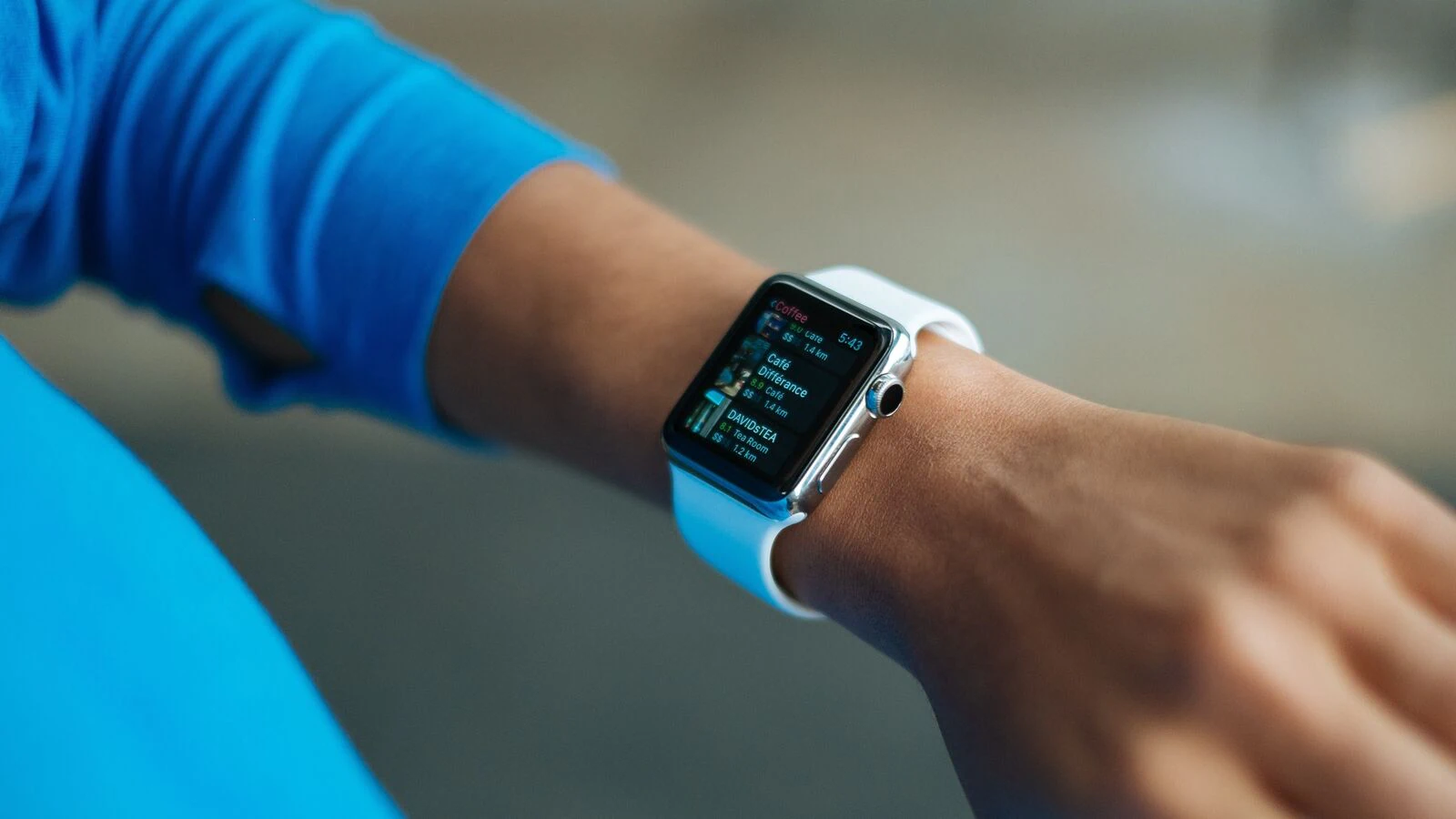Wearable devices such as Apple Watches may be more beneficial to long-term health goals than many realize. Some doctors now recommend these devices as medical tools to help diagnose and manage various conditions, including heart disease monitoring and post-surgery recovery.

Health Benefits and Empowerment
Dr. Rod Passman, a cardiologist and professor of medicine at Northwestern Medicine, highlights the numerous health benefits of using wearable devices. Passman notes that the ability to perform an EKG directly from the watch provides valuable insights into a patient’s heart rhythm, making it a powerful tool for both diagnosis and disease management.
Monitoring and Diagnosing Heart Conditions
Wearable devices are proving to be useful in detecting abnormal heart rhythms, but Passman emphasizes the importance of medical-grade confirmation before beginning any treatment. “A diagnosis isn’t made purely because your watch says something’s wrong,” he says. “However, these devices are quite accurate for detecting abnormal rhythms, and when a skilled physician interprets the EKG, it can be incredibly powerful.” Passman is leading a study funded by the National Institute of Health to determine if individuals with abnormal heart rhythms can use these devices to personalize their care. For instance, a wearable device might guide a patient on when to take blood thinners, allowing them to reap the benefits of the medication while minimizing the risks.
Future of Wearable Health Technology
Apple Watches are not the only devices with significant health benefits. Passman also mentions comparable devices from Samsung, Fitbit, and Kardia. He advises patients to choose a device that is compatible with their phone and within their budget. “The options are only going to expand,” he says, predicting the introduction of more devices, rings, and wearables compatible with various platforms. This expansion is likely to make wearable health technology even more accessible and versatile in the future.

Wearable devices are becoming increasingly valuable in healthcare, offering patients the ability to monitor and manage their health more effectively. As technology continues to advance, the role of these devices in diagnosing and managing health conditions is expected to grow, making them a crucial component of modern medicine.
